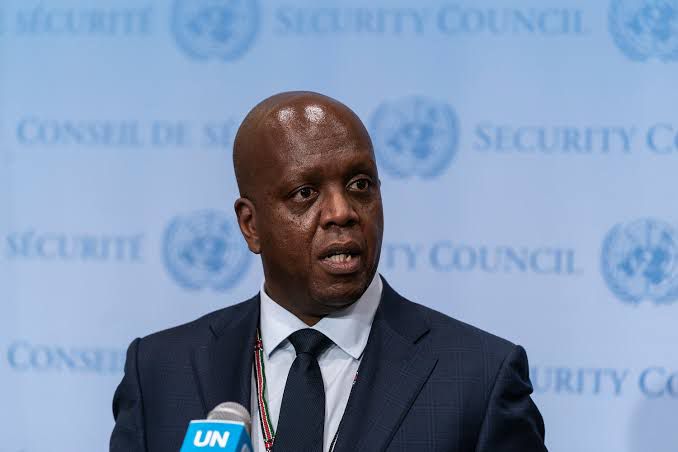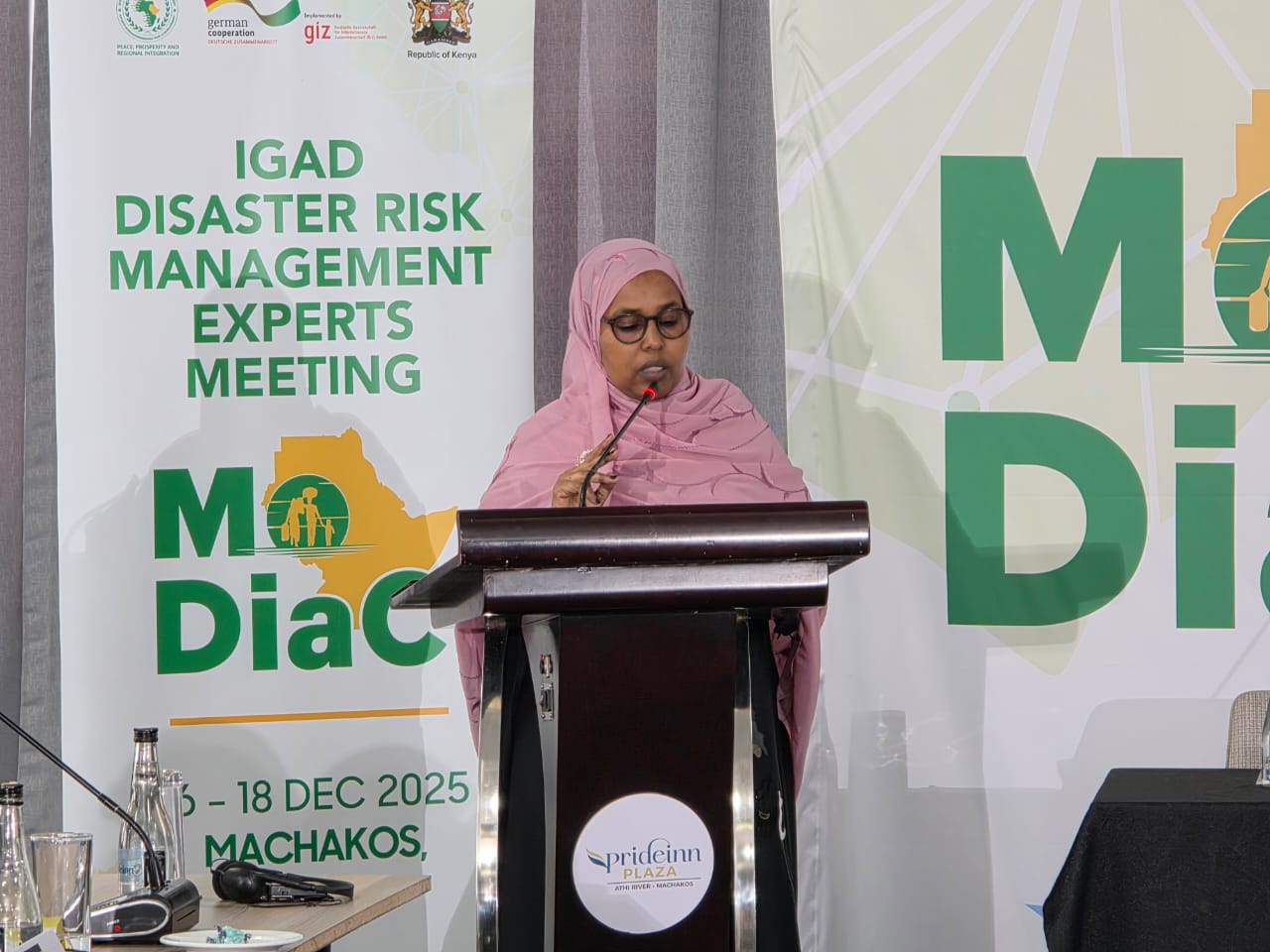Ex-envoy Kimani urges caution as Africa considers permanent seats on UN Security Council

Kimani stressed that reforming the UNSC should not happen without first achieving substantial reforms within the AU itself.
Kenya's former UN envoy, Martin Kimani, has urged Africa to be strategic and cautious in responding to the permanent members of the United Nations Security Council (P5) invitations for permanent seats on the UNSC.
His warning came shortly after US Ambassador to the UN, Linda Thomas-Greenfield, announced that the United States will support the creation of two permanent seats on the UNSC for African states and one rotating seat for small island developing states.
More To Read
- Ban Ki-moon warns UN Security Council risks irrelevance without reform
- M23 rejects foreign support claims, calls for dialogue under Doha peace process
- Egypt rejects US plan for foreign control in Gaza, insists Palestinians must govern themselves
- UN’s Guterres vows to push for Palestine two-state solution, says he will ‘not shut up’
- Kenya’s Phoebe Okowa elected to serve as judge at International Court of Justice
- Reports reveal British weapons used by Sudan’s RSF to commit atrocities
In a series of posts on X, Kimani expressed concerns that without significant reforms within the African Union (AU), the US offer could lead to unintended consequences.
"Africa must be strategic in considering these P5 invitations for permanent Security Council seats," Kimani stated.
He further emphasised, "Without proper reforms in the African Union, the US offer — though welcome — would turn the Union into a club of 2 giants and 53 minnows, deepening division and fragmenting our collective intent."
Kimani argued that changes at the UN should align with Africa's ongoing journey toward deeper integration, rather than just becoming superficial measures that maintain existing power structures.
"Such changes at the UN must align with, and be secondary to, Africa's historic journey of integration, or they will become mere feel-good measures that uphold current power structures without better safeguarding international peace, security, and African independence," he stated.
He also questioned the impact of granting veto power to one or two African countries on collective African interests.
"How does having one or two African countries with veto power further collective African interests?" Kimani asked.
He warned that the process of selecting these countries could lead to intense political divisions across the continent, exacerbated by global powers.
"By the time Africa tears itself apart politically to choose those two countries — a fight that will be egged on by global powers — we will end up with deep division, possibly in perpetuity."
Kimani stressed that reforming the UNSC should not happen without first achieving substantial reforms within the AU itself.
His thoughts were echoed by Rwanda's President Paul Kagame, who replied to Kimani's thread, suggesting, "One permanent seat would have to be held by the AU Commission and the second seat by an African country on a rotational basis!!! Not held by any single country permanently!"
Meanwhile, Julius Maada Bio, President of Sierra Leone and Coordinator of the African Union Committee of Ten Heads of State and Government on the Reform of the UN Security Council (C-10), welcomed the US announcement.
On Friday, Bio expressed his satisfaction on X, saying, "I am very pleased to have heard the announcement by Permanent Representative of the United States to the UN and member of President Joe Biden's Cabinet @USAmbUN that the United States now supports 2 Permanent Seats for Africa in the UN Security Council."
"This is a major shift from the initial important pronouncement that the United States supports permanent representation for Africa," Bio added, highlighting the significance of the change in US policy.
The push for permanent African representation in the UNSC has been a long-standing goal for the continent, with efforts dating back to 2005.
The AU's Committee of Ten (C-10) was established to advocate for a common African position on UNSC reform, and Intergovernmental Negotiations (IGN) on Security Council reforms began during the 63rd session of the UN General Assembly in 2009.
The UNSC currently has five permanent members—the United States, the United Kingdom, France, China, and Russia—with veto power, alongside non-permanent members who serve on a rotational basis.
As Africa continues to advocate for meaningful representation, the debate over how to balance power and unity within the continent is becoming increasingly critical.
Top Stories Today















































